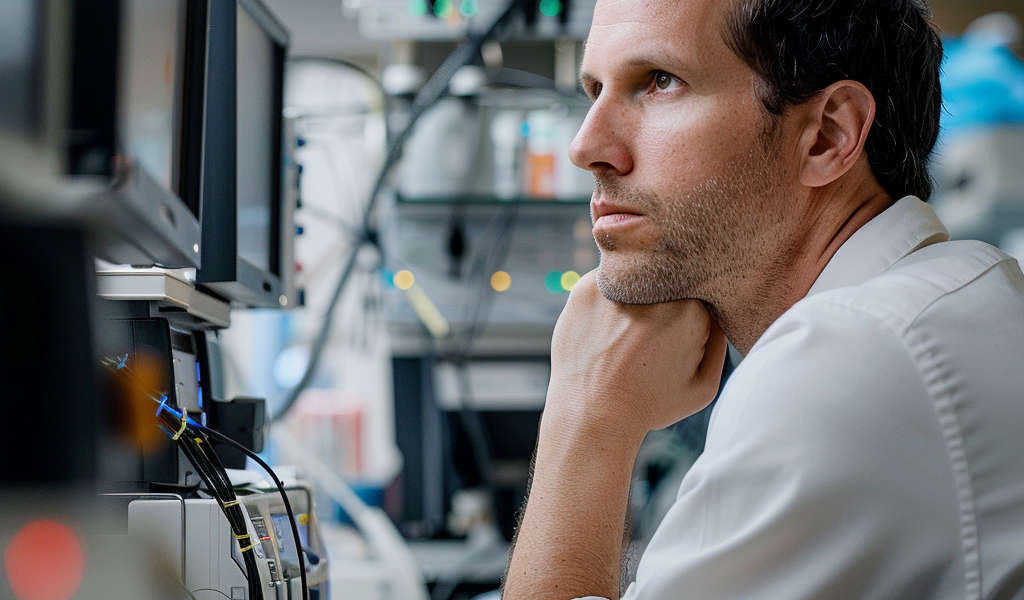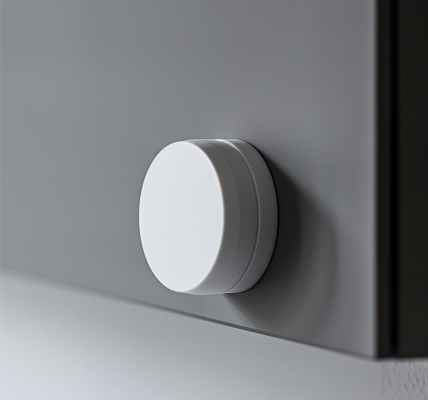A co-founder of Neuralink, Dr. Benjamin Rapoport, recently revealed in an interview the reasons behind his departure from Elon Musk’s brain chip startup. Dr. Rapoport, a neurosurgeon who helped establish Neuralink in 2016, decided to leave and start his own company called Precision Neuroscience. During an episode of The Wall Street Journal podcast The Future of Everything, Dr. Rapoport hinted at safety concerns as a significant factor in his departure.
Dr. Rapoport emphasized the importance of safety in the development of medical technology, particularly neural interfaces. He expressed reservations about the traditional method of using needle-like electrodes to extract data from the brain, citing potential risks of brain damage. This concern led him to believe that it was possible to gather valuable brain data without causing harm.
With a focus on minimal invasiveness, scalability, and safety, Dr. Rapoport founded Precision Neuroscience to prioritize these principles in the production of neural interfaces. He believes that his company’s approach distinguishes it from others in the field.
As the debate around the safety and efficacy of brain-computer interfaces continues, Dr. Rapoport’s insights shed light on the considerations and challenges faced by pioneers in this emerging technology. The departure of a key figure like Dr. Rapoport raises questions about the future direction of Neuralink and the broader implications for the development of brain-chip technology.





